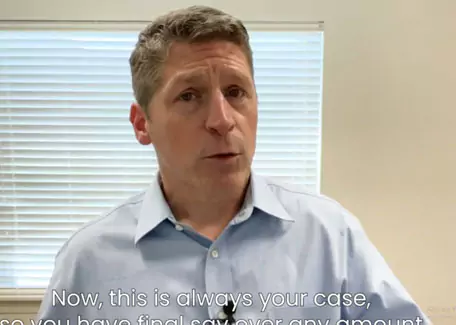Who is Liable After an Accident Involving a Company Vehicle?

Driving a company vehicle has many benefits. You do not have to pay for gas out of your own pocket, worry about wear and tear on your own vehicle, or pay for costly car insurance premiums. However, company vehicles can be involved in accidents just like any other, but the aftermath of these crashes can be far more complex. You may not know if you are responsible for damage to the car or who will pay for your lost wages and medical bills. Our Baton Rouge commercial vehicle accident lawyer explains more about these wrecks below.
When are Employees Liable for Company Vehicle Accidents?
Although every case is unique, after the majority of accidents involving company vehicles, it is the employer who is liable for any damages that result. Still, there are times when workers could be held liable, including when:
- You were not performing duties within the scope of your employment,
- You violated the law or company policy, and that caused the crash, or
- You are not classified as an employee but rather as an independent contractor.
Our commercial vehicle accident lawyer examines each of these points in further detail below.
Defining Duties Within the Scope of Your Employment
Generally speaking, when an employer provides an employee with a company vehicle, they also carry commercial auto insurance. In most cases, this insurance provides coverage for accidents when a worker is performing duties within the scope of their employment. What does this mean exactly?
Performing duties within the scope of your employment means that you are doing something for the direct benefit of your employer. For example, if you had to drive to a supply store to purchase equipment or you had to go to the bank to drop off a deposit for the store you work for, that would be performing duties within the scope of your employment. If you were to get into an accident while performing duties within the scope of your employment, your employer is likely liable for paying any damages.
On the other hand, if you are using the company vehicle for your own personal benefit, you are not performing duties within the scope of your employment. Running your own errands, traveling out of town, or visiting friends are all examples of using the company vehicle for your own benefit and not your employer’s. If you were to be involved in an accident while carrying out these activities, you could be held liable for paying damages, even if the crash happened during work hours.
A Violation of the Law or Company Policy
Under a legal concept known as vicarious liability, employers are usually held liable for the negligent or intentional actions of their employees. This means that when you are driving a company vehicle while performing duties within the scope of your employment, and you get into an accident, your employer is typically liable for damages. It does not matter whether you caused the crash or another driver did.
There is an exception to the vicarious liability rule. This is when an employee causes an accident due to a violation of company policy or the law. For example, if you were texting while driving and caused a crash, your employer may deny liability. If you are found liable because you broke the law, you may have to pay damages personally.
Employers are Not Liable for Independent Contractors
Your employment status also has an impact on whether or not your employer is liable for damages after an accident. Employers are only liable for the actions of their employees. As such, if you are classified as an independent contractor, your employer is not liable for paying damages, even if you get into an accident with the company vehicle.
For example, independent contractors often work on construction sites and drive company vehicles around the location. If you were performing this task and accidentally hit someone or another vehicle, you would be found liable for paying damages. If you are classified as an independent contractor, you should ask if there is commercial coverage on the vehicle and if you are covered.
Additionally, if you are classified as an independent contractor, it could also hurt your ability to file a workers’ compensation claim. Almost all employers are required by law to carry workers’ compensation insurance, which covers the cost of an injured worker’s medical expenses and lost income. Workers’ compensation, however, only covers employees and not independent contractors.
Call Our Commercial Vehicle Accident Lawyers in Baton Rouge for a Free Consultation
The aftermath of an accident involving a commercial vehicle is much more complex than being in a crash in your personal car. At Big River Trial Attorneys, our Baton Rouge commercial vehicle accident lawyers can explain your legal options and help you obtain the full damages you deserve. Call us now at (225) 963-9638 or contact us online to request a free consultation with one of our experienced attorneys.




